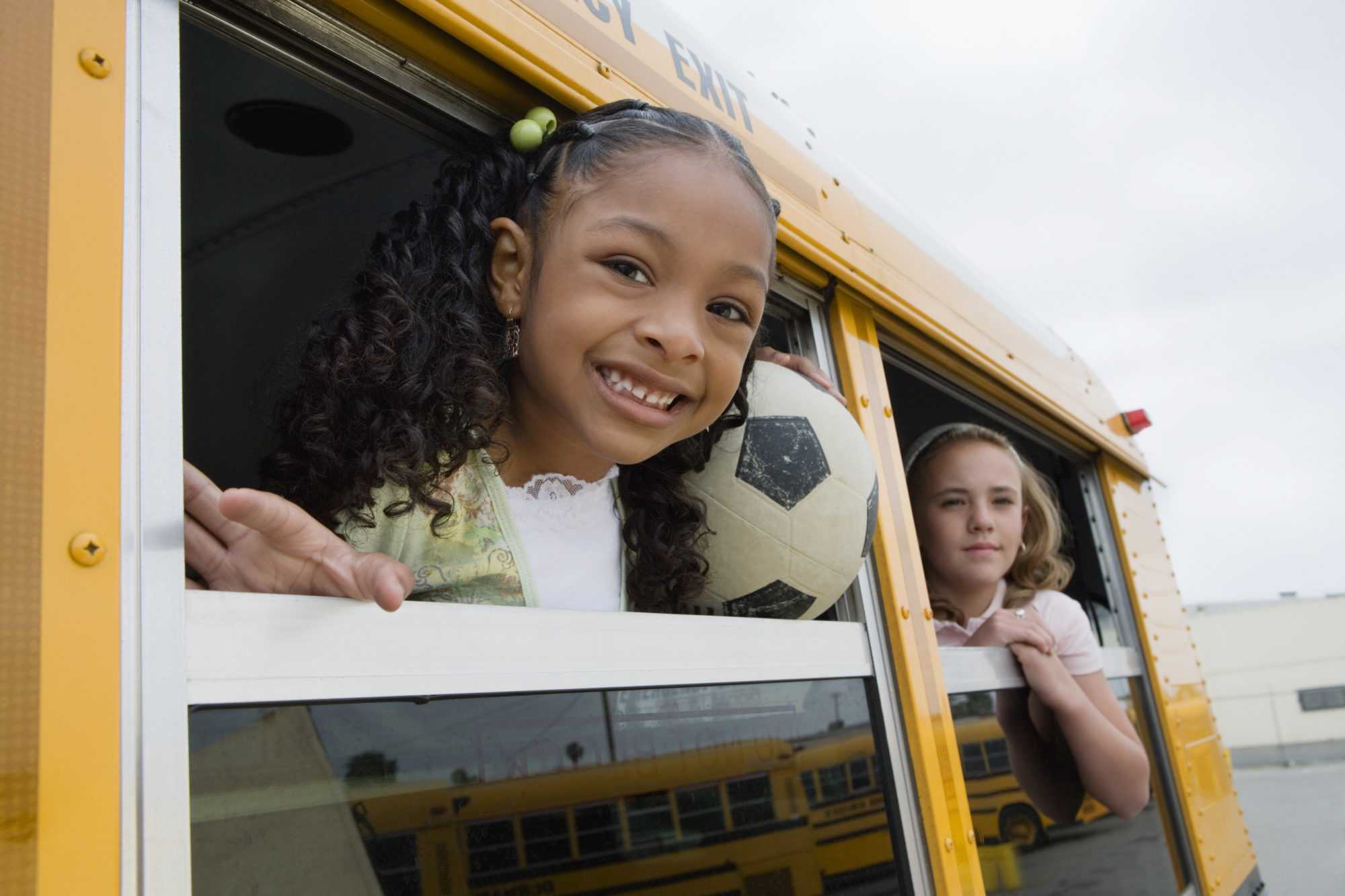BY PAUL JUNOR
There are different understandings of intelligence that are prevalent among cultures in our world. Parents, guardians, caregivers and teachers who work directly with children have specific ideas about what it means. According to the Macmillan Dictionary it is defined as, “the ability to understand and think about things and use knowledge.” The Collins English Dictionary defines it as, “the ability to think, reason and understand instead of doing things automatically or by instinct.” Wikipedia emphasizes, “more generally, it can be described as the ability to perceive or infer information and to retain it as knowledge to be applied towards adaptive behaviour.” Whichever definition one accepts has implications on how they understand the potential of young people to: learn, grow, evolve, develop and mature: cognitively, intellectually, socially, psychologically and mentally.
In the past it was believed that the brain was divided into a right and left hemisphere, and this had an influence on your type of intelligence. The right hemisphere was believed to be involved in processing information in a simultaneous manner that contributed to the development of creativity, while the left hemisphere’s function was to processes information in a linear, and sequential manner. There are others who believe that the brain is divided into three separate parts such that develop sequentially as one acquires more critical thinking skills.
Many teachers have been influenced by the verbal/linguistic or logical/mathematical methods of teaching influenced by this understanding of right/left brain learning. This narrow conception of intelligences has been challenged by the work of Howard Gardner, who showed that there are more than two types of intelligences, with at least eight (and possibly more). This development is important because it has implications for helping students to learn better by integrating their natural intelligences with their learning styles.
The eight types of intelligences that have been identified by Gardner in the forward of David Lazear’s Seven Ways of Knowing published in 1991 include the following:
(1) Verbal/ Linguistic deals with areas relating to the production of language, reading, writing and humour.
(2) Logical/ Mathematical deals with the scientific thinking, recognition of patterns, and abstract symbol.
(3) Visual/Spatial deals with the visual arts, architecture, sense of sight, and a strong ability to form mental images.
(4) Bodily/ Kinesthetic uses the body to express emotion and learn by doing; sensitive to sounds.
(5) Musical/ Rhythmic recognizes rhythmic and tonal patterns and is sensitive to sounds.
(6) Interpersonal has a strong ability to work co-operatively with others, is able to communicate verbally and non-verbally with others and is sensitive to the moods of others and responds accordingly.
(7) Intrapersonal deals with those who have a strong knowledge of self and feelings, and sense of intuition.
(8) Naturalist deals with connections to the earth/nature.
It is important that educators seek to identify and know the natural intelligences of each student so that they can maximize their potential by providing opportunities for these intelligences to be developed. This ensures that students develop to their full potential in all subject areas by taking advantage of their strengths, assets and abilities.
In Carol Dweck’s book, “Mindset’ The Psychology of Success,” she explains that people have a belief about their intelligence. She distinguishes between those who have a fixed mindset believing that they are either smart or dumb. Most basic abilities can be developed through dedication and hard work; brains and talent are just the starting point. The implications of her research show that intelligence is not fixed, but can be enhanced depending on the mindset that the students have with respect to motivation and learning.

